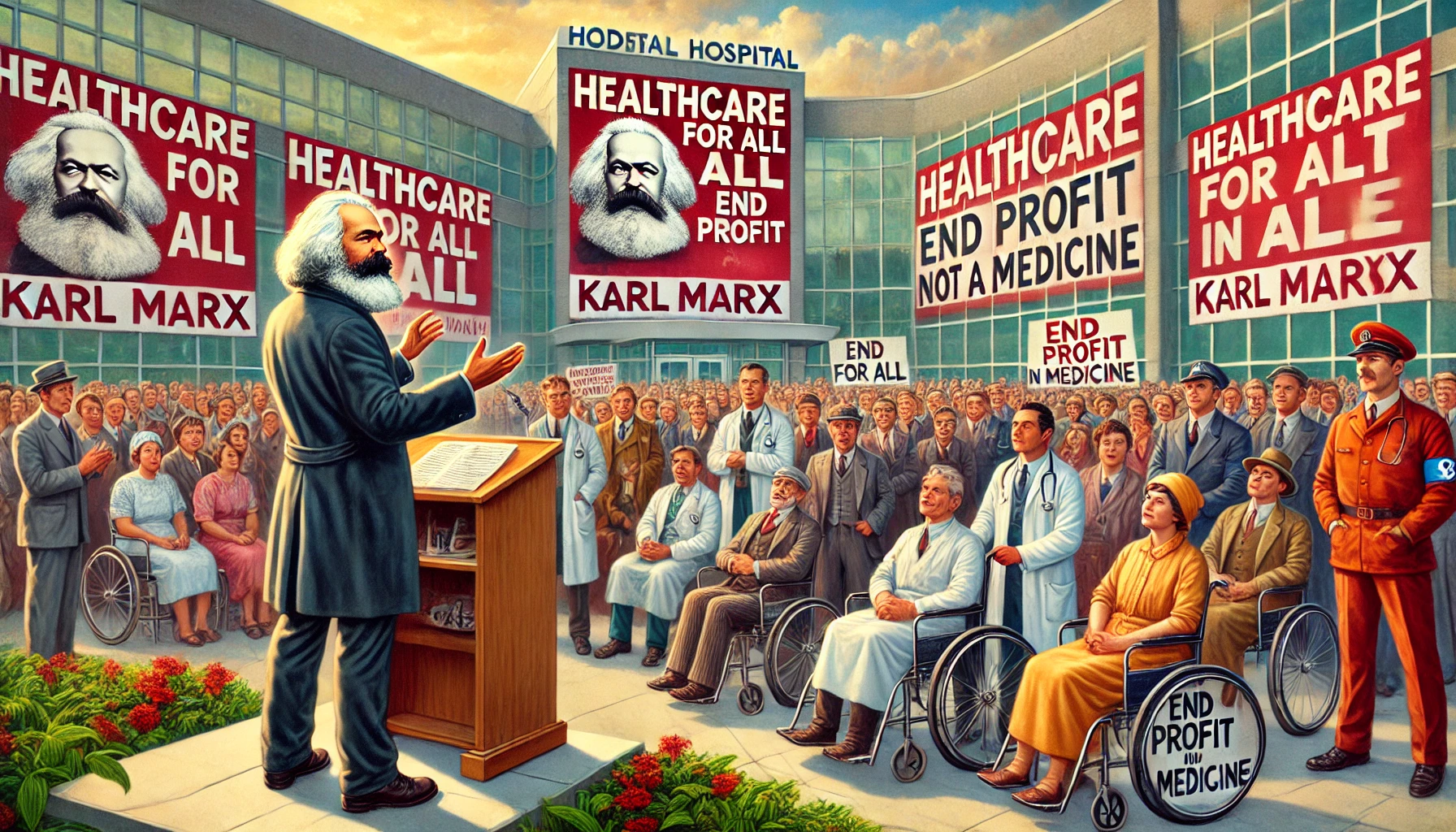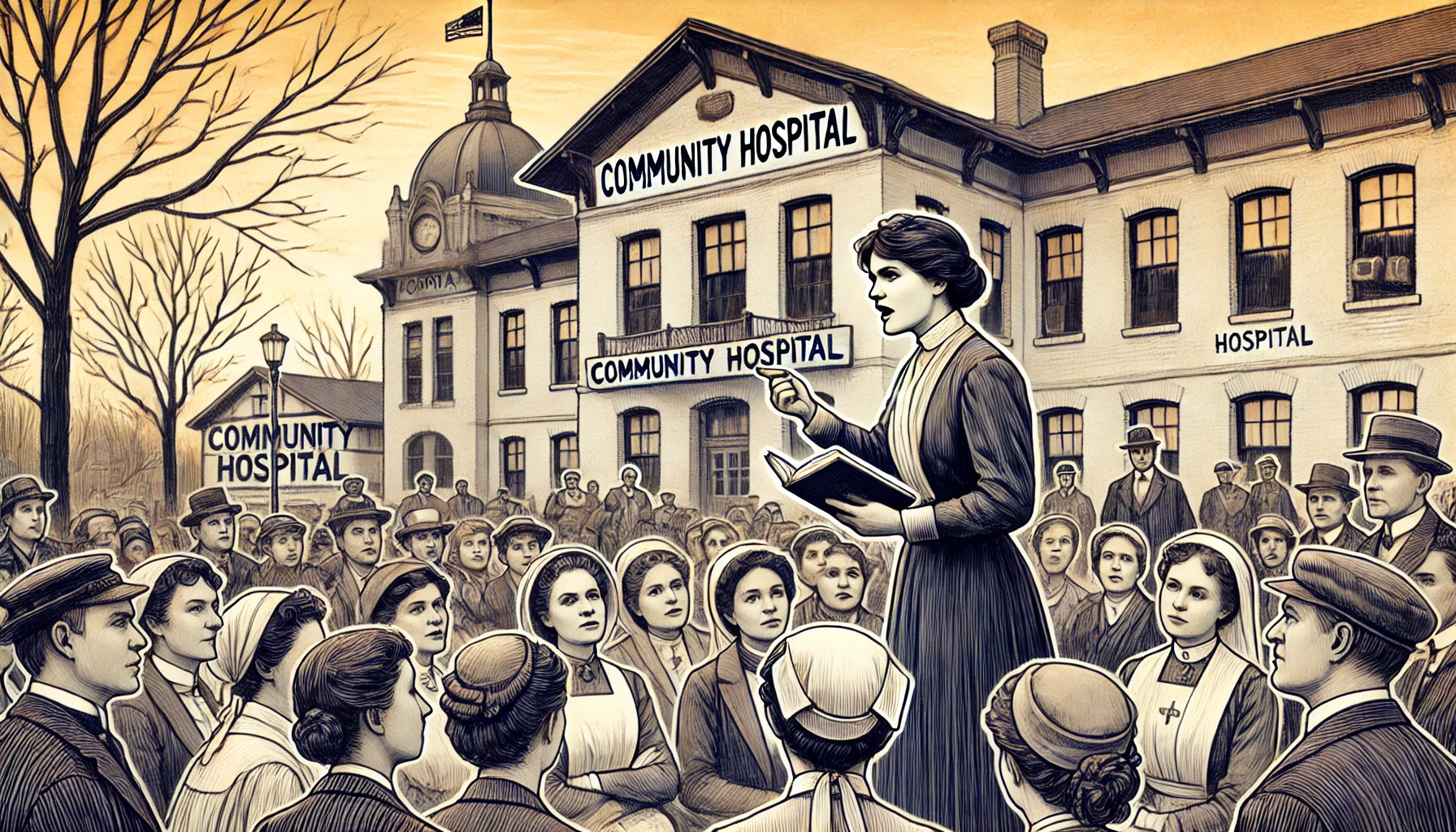Understanding Marx in the Age of the Gig Economy
Karl Marx never encountered Uber drivers or DoorDash couriers, but his ideas about alienation feel eerily tailored for today’s gig economy. In the 19th century, alienation referred to factory workers estranged from their labor, their products, and their fellow workers. Today, it’s been rebranded as “flexibility” and delivered via app notifications.
Gig economy platforms promise freedom: set your own hours, be your own boss, and work from anywhere. But Marx would argue this is just alienation wrapped in a shiny marketing campaign. Workers in these systems don’t control their tools—the cars, bikes, or smartphones. They don’t set prices or choose their customers. Every element of their work is dictated by algorithms designed to maximize profits for the platform.
Take the classic case of a food delivery worker. They might traverse the city, sweating through rush hour to deliver someone’s $15 sushi roll, only to realize their earnings barely cover gas. Marx called this exploitation, and he’d probably roll his eyes at the phrase “gig economy hustle.”
Worse, gig workers are often isolated from each other, making collective action nearly impossible. A 19th-century factory might have horrific working conditions, but at least it allowed workers to unite, share grievances, and organize strikes. Today, the only interaction many gig workers have with coworkers is a Reddit thread titled “DoorDash Nightmares.”
However, some hope is emerging. Workers are increasingly pushing back, organizing online protests and lobbying for better protections. Marx might nod approvingly at these modern class struggles, though he’d undoubtedly remind everyone that reforming the system isn’t the same as overthrowing it.
The gig economy’s rise exemplifies Marx’s foresight about capitalism’s adaptability. It’s alienation on-demand, delivered to your doorstep with a side of fries. Marx’s critique reminds us to ask: is this the “freedom” we want, or just the same old exploitation with a tech-savvy facelift?
Originally posted 2024-10-16 02:18:22.



